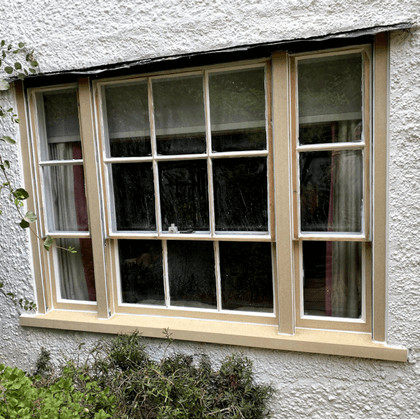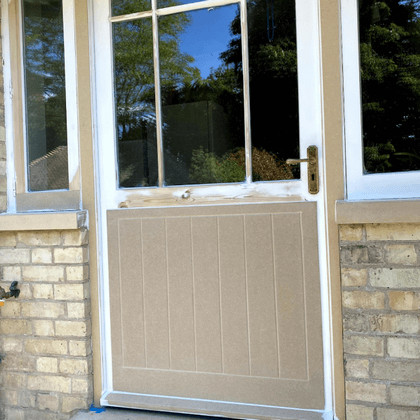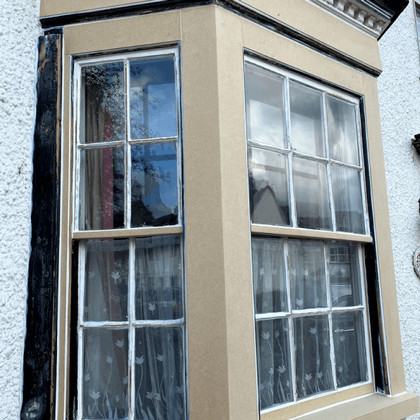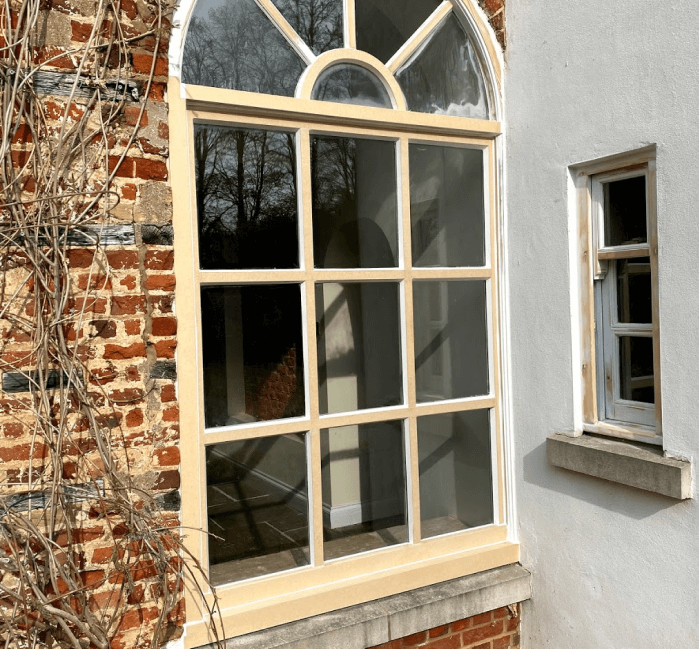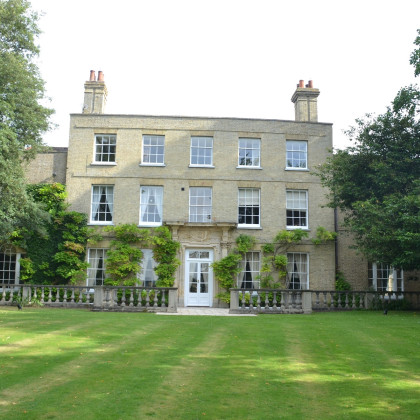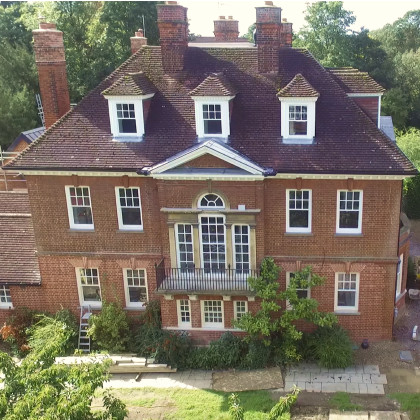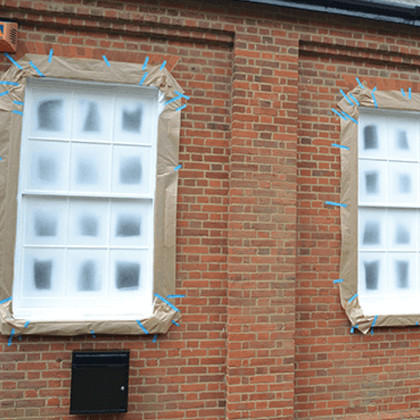Accoya wood brings unprecedented reliability for timber; it is manufactured and tested not to visibly swell, shrink or distort. Highly durable and stable, Accoya excels in any climate.
So while it is perfect for joinery that will be used outdoors, like sash windows and gables, it is also great for interior use.
Accoya wood can be worked like any other softwood; easily and with regular tools. It takes nails, screws, paints and stains well. You can rout, bend and steam Accoya without specialised techniques or equipment – making it ideal for intricate designs and detailed joinery.
Accoya wood is made through a proprietary acetylation process; this modifies the wood to achieve exceptional durability and stability.
Once treated, the Accoya modified wood is guaranteed by the manufacturer for 50 years above ground and 25 years in-ground or freshwater contact.
Accoya uses tropical softwood from certified, sustainable forests and modifies them through a proprietary non-toxic process. The end result is a product that’s as strong and durable as a tropical hardwood, but with the added benefit of being more stable, more sustainable and more eco-friendly.
The main benefits of Accoya wood are its incredible durability and stability which reduces the carbon footprint for the construction industry. This makes it perfect for wooden windows refurbishment projects, where the durability of repaired parts is the key quality factor. Accoya wood is also very easy to work with and can be painted with a paint sprayer or stained to match the existing windows.
The main disadvantage of Accoya is its cost. It is more expensive than other types of wood, but its durability makes it a wise investment in the long run, especially in restoration projects.
Transforms tropical wood species into a class of durable wood that is suitable for a wide range of end uses. The process involves the replacement of hydrogen atoms in the wood cell walls with acetic acid molecules. This ‘acetylation’, chemical preservatives, modify the structure and function of the cell wall, resulting in improved dimensional stability, durability and machinability.

Tricoya creates a new class of MDF products with class 1 durability and exceptional dimensional stability, suitable for a wide range of exterior applications such as door skins and door panels, façade panelling, trim, fascia, soffit panels, etc.
Tricoya is an engineered wood product made from wood chips that have been treated with acetylation. This treatment process gives Tricoya panels unique physical and performance properties not found in other MDF products, making it the ideal material for a wide range of applications in both exterior and interior environments.
Both materials we use for sash window repair projects because of the unprecedented properties, manufacture guarantee and science behind this new man-made timber.
– Class 1 durability, meaning it is suitable for use in a wide range of exterior applications, including windows and doors.
– Outstanding dimensional stability, meaning it will not warp or swell even when exposed to moisture or extreme temperature changes.
– Excellent resistance to fungal attack and mould.
Accoya® wood is the result of over 80 years research and development. Combining the proven modification technique of acetylation with cuttingedge proprietary technology, this high performance wood is created for demanding outdoor applications; from windows to doors, decking to cladding, bridges to boats.
We started using Accoya and Tricoya since both appeared on the UK market as the durability of timber we use when repairing rotten window frames is the key for us.
We protect the most vulnerable parts of the windows or replace some parts such as window sills and architraves, with Tricoya, which will save them from weather elements for over 50 years.

